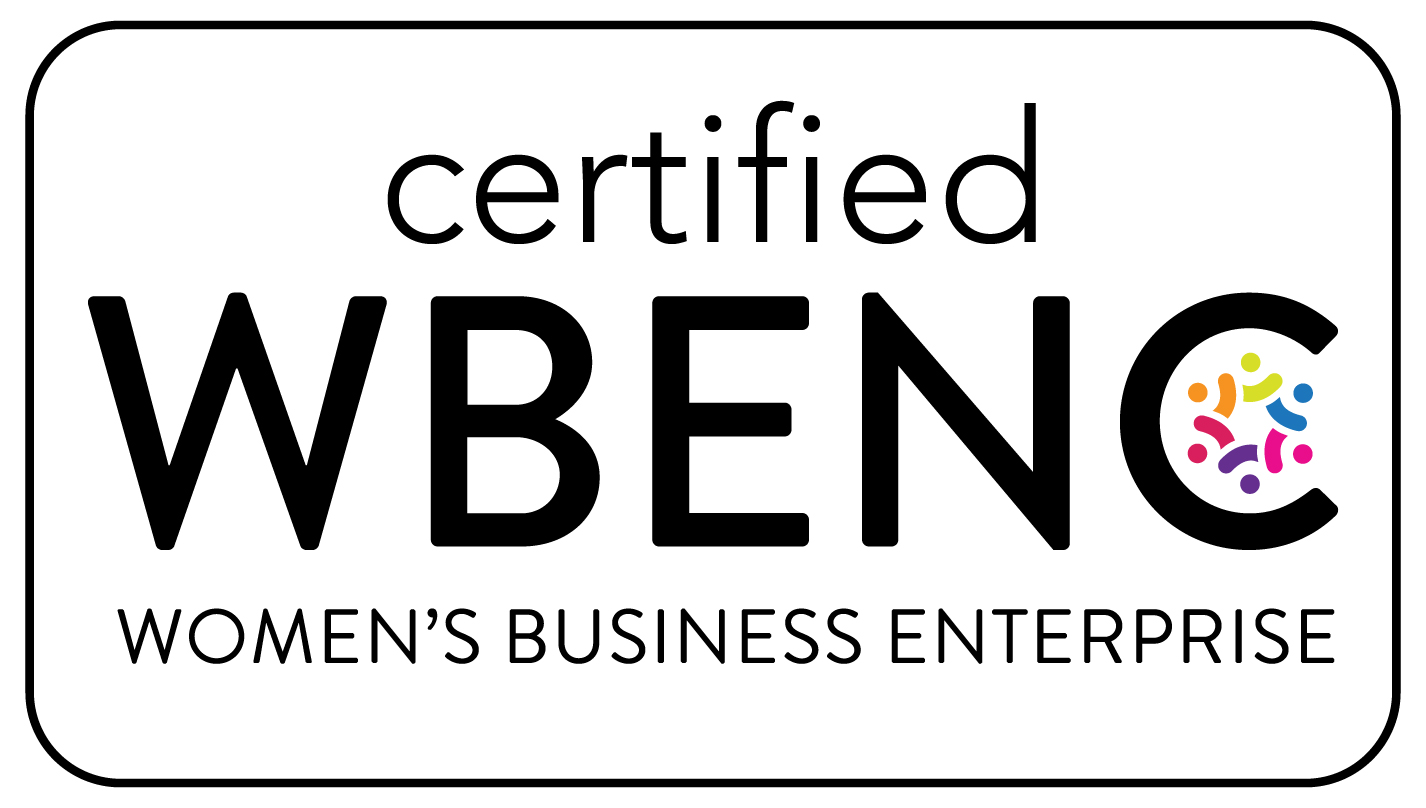If you are considering applying for a patent, you need to know what a patent really does – and does not do – for you.
A lot of people get confused about patents. They think, for example, that you may need a patent to be able to practice your own invention. That's not true. What a patent does is give you an exclusionary right. When you have a patent, you have the exclusive rights to make, sell, or use your patented invention.
Obviously, the value of certain businesses could stand or fall based upon whether or not the underlying invention is subject to patent protection. You could have the greatest idea in the world, but if it's easily replicated, as soon as you enter your product in the market, you're going to have imitators. It could be a company who is already established, with a bigger distribution system or a bigger name in the market than you. They may see what you’ve created and say to themselves, “That looks like a great idea. We're going to do it, too.” A patent would give you the ability to prevent that from happening.
If you have a patent, you're essentially given a monopoly for a limited period of time, which has enormous value. However, the patent process is time-consuming and expensive, so you have to weigh the potential value the patent may provide against the cost of the patent process – all while keeping in mind that no patent application is guaranteed to be approved.
If you walk in the door and say, "We want Stock Legal to set up an LLC for us," we can tell you with 100% certainty that we can do that, and it will be done.
However, with a patent, you need to understand that there's a possibility that we can do all this work, and you can invest all this money, and at the end of the process, the U.S. government may say that what you're seeking to patent actually isn't entitled to patent protection under the statute. I can never tell a client that there's 100% certainty that at the end of the process you're going to end up with a patent.
Even if the U.S. Patent and Trademark Office decides you do have an idea worthy of a patent, it may not be for the idea you thought was patent-worthy.
For example, let’s say you come to me and say, "Hey, I invented this new design for a car." There may be certain aspects of your design that you think are really fantastic, and other aspects of it that you don't think are really very marketable.
To see if you’ve designed something truly original, we do a patent search, and let’s say the patent search tells us that the bells and whistles that you thought were really cool actually are already known. However, the patent search does find that there are particular aspects of your car design that are novel. That means there's an opportunity to get patent protection on those particular novel aspects of your design. The question then becomes whether you think the aspects for which you can get patent protection are marketable or valuable.
At that point you have to decide if there is value in being able to prevent others from using these unique aspects of your invention. If the answer is “no,” then even though you may likely be able to secure a patent, it’s probably not worth your time, effort, and money.
Another situation where you might be able to get a patent, but might not actually want to pursue one, is if the scope of the patent protection is too narrow. For example, the patent office might offer a patent for an aspect of your design that is unique, but could be very easily designed around.
That’s why if you’re considering applying for a patent, I always want to sit down with you first, and take the time to educate you about these nuances of patent law, so that you can make an informed business decision.
Considering the cost involved in pursuing a patent application, I think it's really important for you to feel very comfortable that you understand what value you would derive if you were to get a patent, what value is lost by not having one, and what the risks are in terms of how likely a patent application may be to succeed.
The patent process is very complicated, but you don’t have to go into it blind.
Do you have a product or idea you think might be worthy of a patent? Contact us to schedule a conversation, so you can decide whether pursuing a patent makes sense for you.










